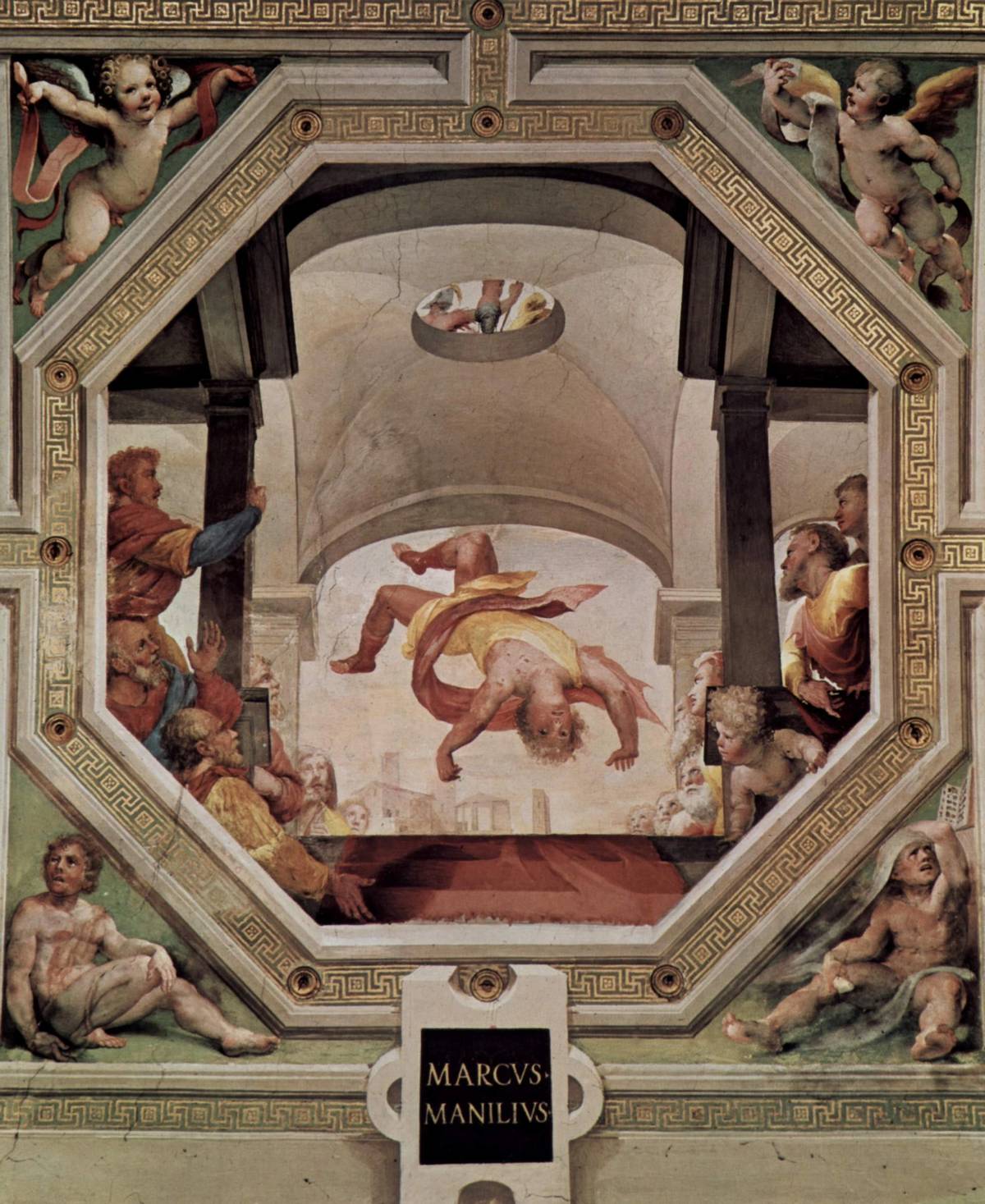A Prayer on the Capitol
Why the historical significance of the storming of Washington is still in our hands




Among the many columns I have devoted to Donald Trump since the beginning of his term, I reread three this week with some satisfaction.
In one, from January 2018, I compared Trump to his Dadaist precursor, Père Ubu, the carnival king dreamed up in 1888 by 15-year-old Alfred Jarry. Egotistical and cowardly, greedy and ignorant, irascible, conspiratorial, scatological, and tyrannical, Ubu’s “comic abomination” would be, his inventor believed, the hallmark of future authority.
In another, from January 2017, evoking the Talmudic allegory of the swineherd who becomes king and whom Rabbi Yehudah recognizes years later when called to appear on the Sabbath before Emperor Diocletian, I warned people of goodwill, and American Jews in particular, that to ally themselves with such a person, to abandon their judgment before such colossal vulgarity, to bend, even tactically, to a bad shepherd who respects only power, money, and the gilt and glitter of his palaces—in short, to deliver oneself not to Pompey or Ahasuerus but to Diocletian, could be likened to suicide.
And a third, from September 2020 (in French), in which I recalled the story of Romulus Augustulus, the miniature replica of Augustus the founder, a cruel and ridiculous child king, the last monarch of the Western Roman Empire, whose name was strangely predestined in the sense that it was the name of Rome’s founder and finest emperor and later of its undertaker, as the heights of classical splendor became disfigured with a diminutive suffix. Romulus Augustulus was clucking (or tweeting) in his chicken coop on the day of his impeachment by the elders of the Senate and upon his deposition by Odoacer, king of the Herulians. (I also told this story in February 2019 in Tablet.)
That seems a good summary of where we find ourselves today.
After the events of last week, after the shocking images of vandals in coonskin caps assaulting the temples of Jefferson, Roosevelt, and Kennedy, the question is no longer whether Trump is or is not personally responsible. There is no doubt that he is, since it was he who, through his explicit calls to march on the Capitol, caused the shining lights on the hill of American exceptionalism to become, in the space of a few hours, fires of hate and of authority abused.
The question is not whether it is right to describe as a coup the ultimately pathetic operation carried out in a hubbub of oaths, tweets, and selfies by a band of moms in military fatigues, half-naked conspiracy theorists in Grendizer helmets, and QAnon militants wearing Nazi symbols. The far-right rioters who besieged the French National Assembly on Feb. 6, 1934, did not cut a grander figure, nor did the handful of anti-Gaullist French generals who revolted in Algiers on April 21, 1961; the putschists who opened fire in the Congress of Deputies in Madrid 20 years later; or the Catilinarian conspirators who were exposed and undone by Cicero. But each of these events was indeed a coup of a sort.
And for the moment the question is certainly not whether it is appropriate for private companies such as Twitter and Facebook to ban a factious president. That question is real enough, and sooner or later it will have to be the subject of a serious reflection on the ambiguous status—half-public, half-private—of the media accounts of a political figure calling for sedition and followed by tens of millions of supporters. For the time being, however, the bans were essential emergency measures that, following Machiavelli’s thinking on the coups attempted against the Roman republic, were the only way to break the stride of a defeated president who appeared ready to storm his own office once he was finished with Congress.
No.
The real question is that of the historical significance of this chain of events.
Here, two precedents stand out.

That of the Capitol geese from 390 BCE, when the assault on the Roman republic was halted after former consul Manlius Capitolinus was awakened in the nick of time by Juno’s sacred geese (played today by Mike Pence).
And, eight centuries later, that of the sack of Rome by Alaric, who encountered no one to stop him and whose troops, as the finest chronicler of the destruction of the Eternal City would put it much later, used antique urns as “troughs for their horses,” pediments as “mounting blocks for their cavalry,” and statues to make lime.
In other words, is this sequence an episode or an omen? An accident or a historical moment? Is it merely the mad act of a deposed king drunk with resentment, who, like Richard III or Nero, would willingly take the greatness of the republic down with him—or a step in the ineluctable decline of the American empire and its institutions, a decline of which Trumpism is but one symbol?
I do not believe in fatality.
I think we are in open play and that the outcome of the game will depend on the actions taken in the coming hours and days, not only by the Biden administration, but also by the Ted Cruzes, Mitch McConnells, Lindsey Grahams, and the rest of the Republican caciques, who must declare straightaway whether they intend to allow a moronic minority to destroy the party of Abraham Lincoln and John McCain.
The heart of the United States lies in the hands, not of the gods, but of men and women.
The dream of Erdogan and Putin—to humiliate democracy—was realized by a handful of Americans. And it is to a handful of others that the task falls to restore the Altar of Victory to the Capitol.
Translated from the French by Steven B. Kennedy
Bernard-Henri Lévy is a philosopher, activist, filmmaker, and author of more than 30 books including The Genius of Judaism, American Vertigo, Barbarism with a Human Face, Who Killed Daniel Pearl?, and The Empire and the Five Kings. His most recent film, Slava Ukraini, premiered nationwide on May 5, 2023.